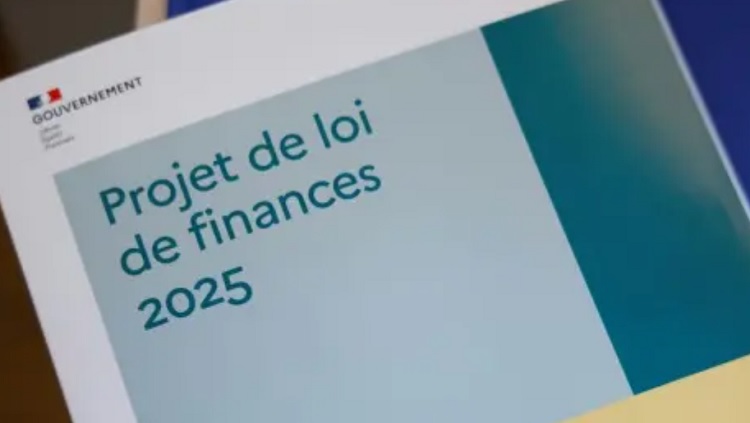
French Budget 2025
12th Oct 2024
The government unveiled its finance bill for 2025 this week, but without a parliamentary majority just how much of it will pass into law remains uncertain.
To read the article you can take out a premium subscription for €20/YEAR at Subscribe to France Insider.
A premium subscription will also give you unrestricted access to the complete back catalogue of our articles.
You can see the full catalogue at France Insider News.
If you no longer wish to hear from us simply unsubscribe using the link below.
Enjoy your reading,
The Team at France Insider